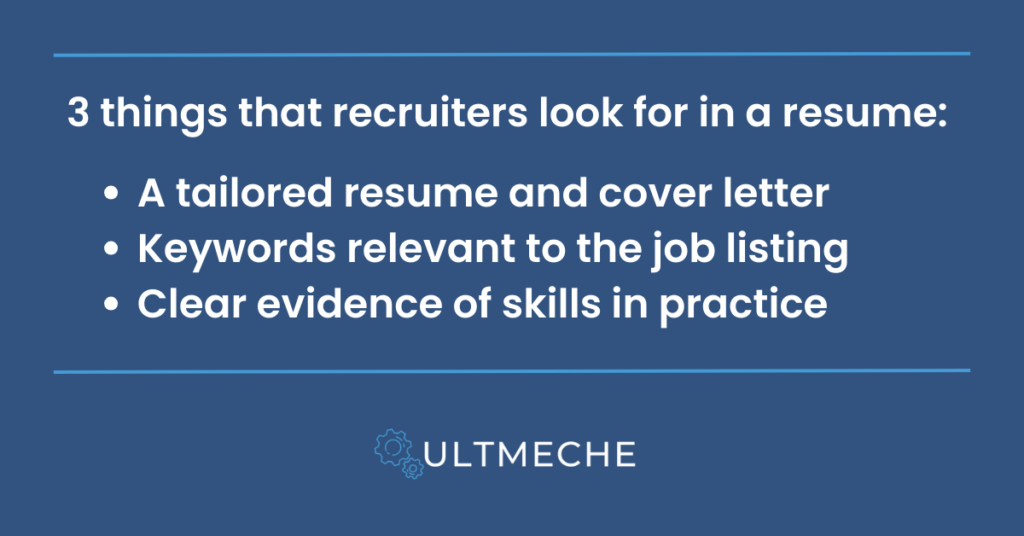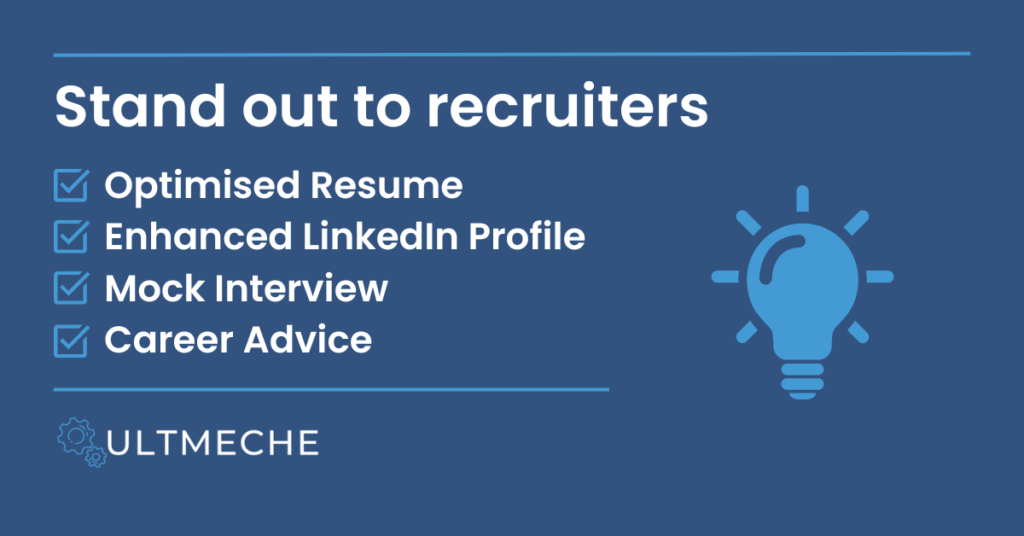What is recruiting, and what does it mean for job seekers?
Recruiting is a sometimes long and complicated process that serves as the backbone of the job market, creating connections between employers with job openings and qualified candidates seeking new and exciting opportunities.
For job seekers, understanding the ins and outs of recruiting can provide valuable insights into navigating the competitive landscape of employment.
We’re going to shed some light on the role of recruiters, explore the compensation structures they operate under, and examine the impact of recruiting agencies on the job search process.

What Is Recruiting?
At its core, recruiting is about matching highly skilled candidates with well-suited roles.
In most cases, the process begins with an employer outlining their recruitment needs, including specific skills and qualifications needed to successfully fill the role.
Next, recruiters may turn to several strategies to source high-quality candidates that they believe meet the requirements outlined by the hiring employer. These tactics can include posting job listings, networking with existing contacts and working with external agencies to find suitable applicants.
Larger businesses will often have internal recruitment teams whilst some smaller businesses, or industries that have a high staff turnover might use external agencies. The recruitment process can be time-consuming so it’s important to ensure it is getting enough focus at every stage of the process from the applicant tracking system to the final round of interviews.
Recruiters meticulously review resumes, screen candidates based on the outlined criteria, conduct interviews to assess qualifications and fit, and facilitate communication.
Ultimately, recruiters aim to match the right candidate with the right job, ensuring a beneficial outcome for all parties involved.
How Do Recruiters Receive Payment?
Wage and commission structures can vary between different teams and agencies. These compensation structures for recruiters are often based on industry specialisation, geographical location, and level of experience.
Recruiters often receive a base salary, supplemented by performance-based incentives such as commissions and bonuses.
In some cases, recruiters may operate on a contingency basis, earning a fee only upon the successful placement of a candidate, although this pay structure is a risk.

Recruiting vs. Hiring
Recruiting and hiring are often used interchangeably, but they have distinct differences that define their scope, focus, and key objectives. Both recruiting and hiring are essential elements of effective talent acquisition strategies, working together to attract, assess, and retain top talent for ambitious hiring businesses.
First, let’s revisit the question “What is recruiting?” to properly identify how businesses perceive it. Recruiting is a proactive and ongoing effort to build relationships with potential candidates and create a talent pipeline. This pipeline and long-term effort are key to the differentiation.
Hiring is often a more targeted and transactional process focused on selecting and appointing specific individuals for available job roles.
Recruiting is about long-term relationship building, employer branding and talent engagement, while hiring prioritises assessment, selection and the integration of candidates.
Recruiting and Hiring Processes:
To optimise the recruiting and hiring process, organisations need to adopt best practices. These should align with their talent acquisition goals and objectives.
- Businesses must always develop a clear recruitment strategy, regardless of their size. It should outline sourcing channels, candidate evaluation criteria, and onboarding processes.
- Businesses should utilise ATS technology and data analytics to streamline for faster and more efficient processes.
- Businesses should craft and develop strong employer branding and perfect company culture to attract and retain the very best talent.
- Businesses should prioritise ongoing training and development opportunities for recruiters and hiring managers. Allowing them to enhance skills and stay up-to-date on industry trends is crucial.
- Businesses should gather feedback from all candidates and employees to continuously improve the recruitment and hiring experience.
What Are Recruiting Agencies?
Recruiting agencies are external teams that handle the recruitment process for businesses. They might also be called staffing firms or headhunters. These agencies play a vital role for businesses by handling the long and often complex recruitment process. This allows internal managers to focus on other areas of the business.
A business using external agencies can be a good sign for candidates. It indicates that a business takes the process seriously and is willing to invest to hire the right person for the role.
Agencies often have extensive networks of clients and candidates across various industries. This allows them to match job openings quickly and efficiently. The goal for job seekers is to be at the forefront of a recruitment agency’s mind when a good role becomes available. Optimising your resume for their internal systems is an important part of remaining visible.
For job seekers, recruiting agencies offer several advantages, including providing access to exclusive job listings that may not be publicly advertised, increasing the chances of finding suitable employment opportunities.
Relationships With Businesses
Recruitment agencies cultivate strong relationships with businesses of all sizes. Agencies often begin recruiting for a role before it’s publicly advertised. The strong relationship between hiring managers and recruitment agencies means that candidates that are put forward are very often of a high quality.
Landing Your Dream Role With Recruiting Agencies

The Role Of Your Resume
Your resume is an incredibly important part of the application process. Not only do you need to stand out to recruiters, but you also must be sure your resume is optimised for applicant tracking systems and other technologies.
Agencies often see hundreds of resumes every day and only the most impressive will be looked at in more detail. Thankfully, reviewing your resume and using tricks and proven formats can help to ensure it stands out.
Get a resume review to 10x your chances of being noticed.
Accessing High-Paying Roles
Specialized recruitment teams typically manage most high-paying roles. Hiring the wrong candidate can be an expensive and resource-draining mistake. Experienced recruiters often handle senior roles for this reason.
Recruitment teams often gain access to these high-paying roles before they become publicly advertised. This is because they will likely have a pool of impressive and suitable candidates already vetted and ready to interview. Getting your resume to a recruiter can be a good way to access these competitive roles.
Perfect your resume before it reaches the recruiter’s desk.
About the author

Mollie Buttery
Writer | SEO | Articles & Blog Posts | Social Media
Mollie supports ULTMECHE through website growth, social media, SEO, and other digital marketing tricks. Mollie has 10+ years experience of in house and freelance marketing experience in industries such as Finance, Law, SAAS, Automotive, Building Services, Commerce, and more. Some of her favorite writing topics consist of sports and finance. Mollie has been key to the growth of ULTMECHE’s SEO and digital marketing efforts.

5 thoughts on “What Is Recruiting? The Pros and Cons”